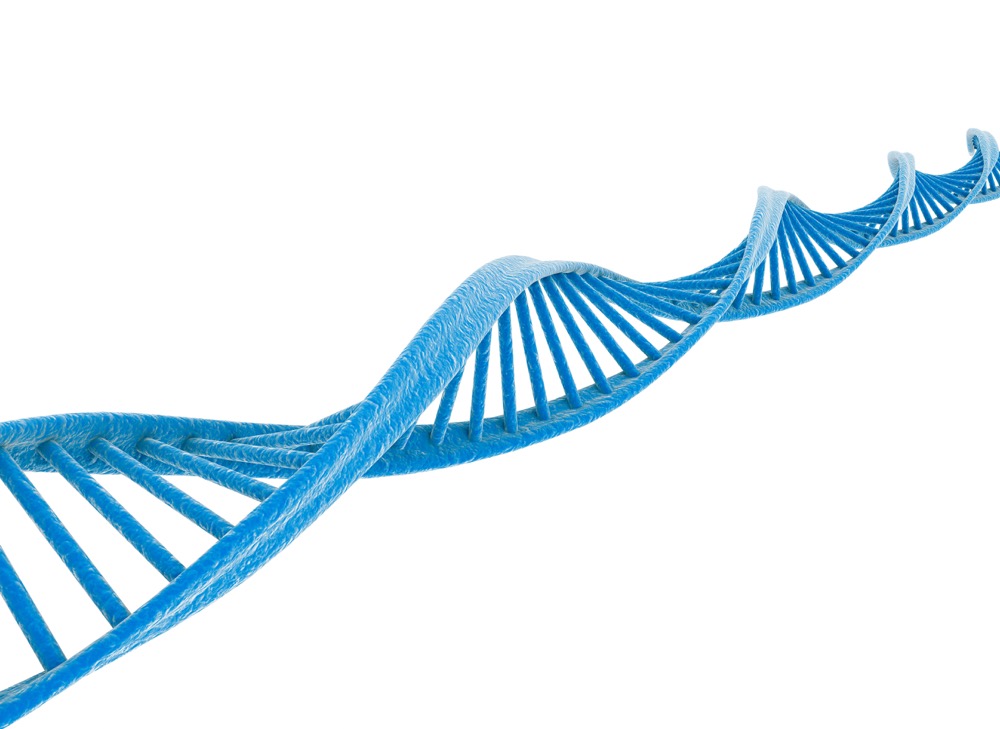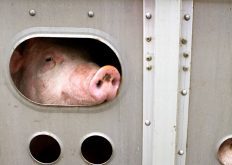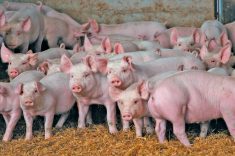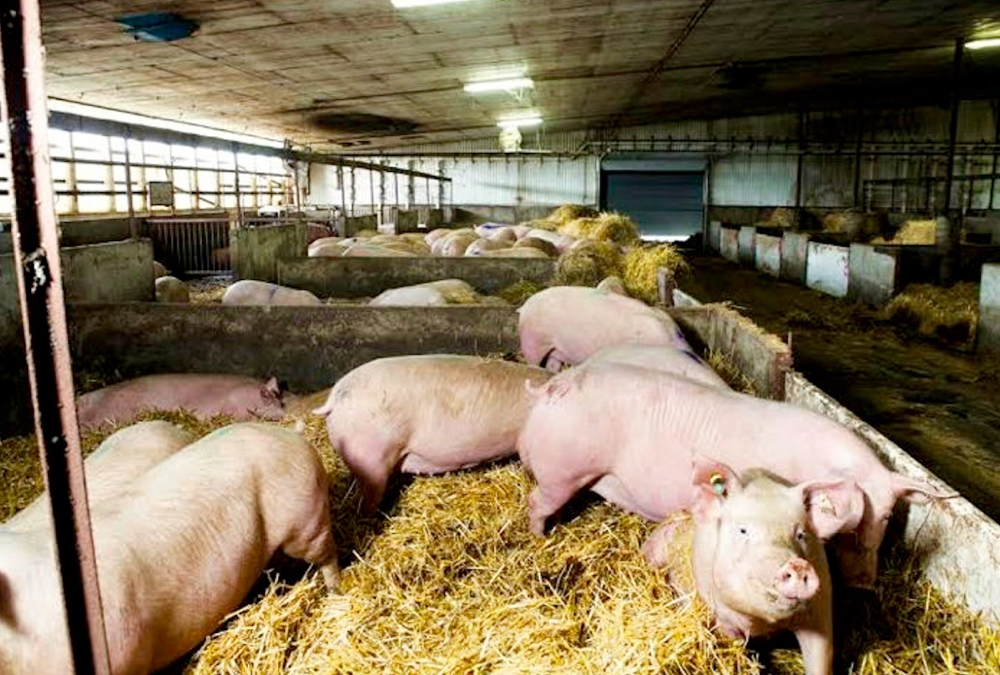As a farmer I am keenly aware of the importance of genetics when it comes to raising life, be it plant or animal.
This does not make me unique, but rather defines a farmer’s historic relationship with the life we have been entrusted with, the idea being that genetics matter.
This historic relationship has been challenged over the last 25 years, first with the introduction of genetically modified organisms (GMO), and now with genetic editing (CRISPR). In both cases we are using technology to alter the genetic coding of a seed.
Read Also
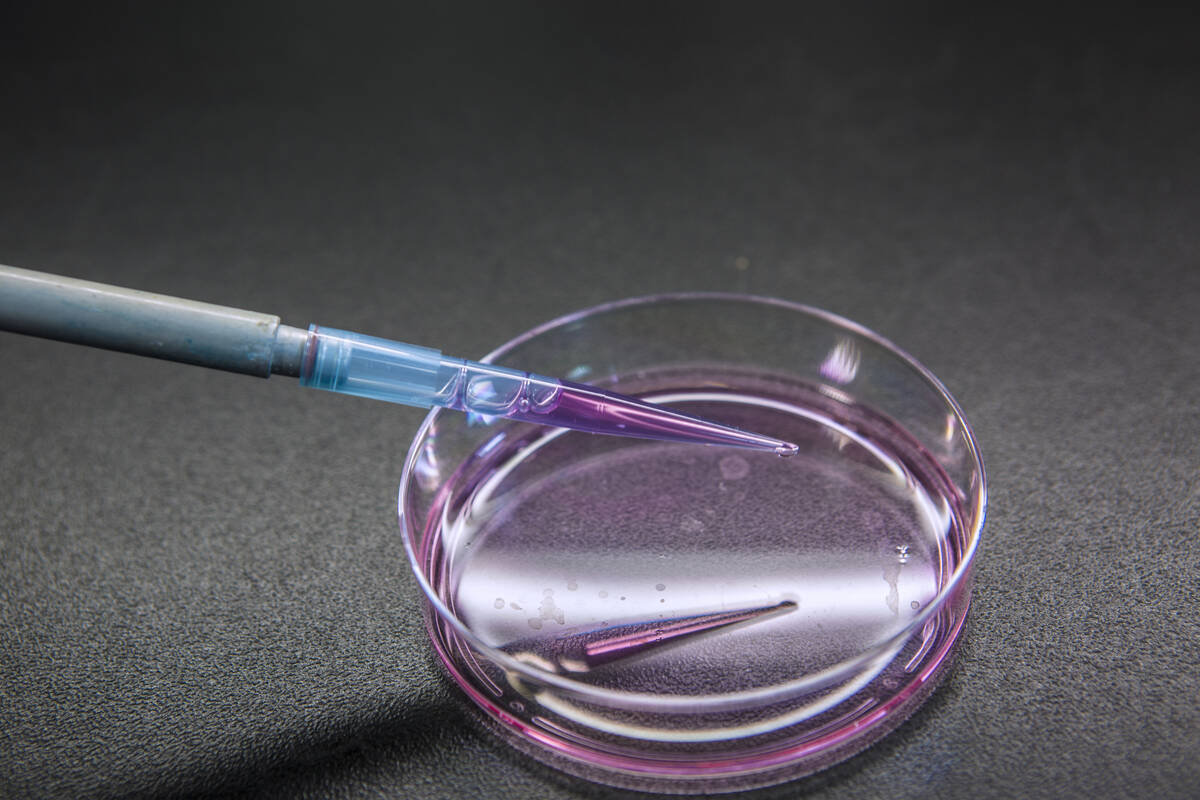
Gene editing’s growing sway in plant breeding
Gene editing is becoming a baseline tool to drive innovation in Canadian crop research and new varieties.
We have taken a seed out of its natural environment and placed it in the laboratory, and made alterations that are largely done for financial considerations, paying no heed to what the concept of a seed itself might have in mind.
This has also been done with scant public consideration, or awareness. This lack of public debate has made the average consumer leery of these types of gene engineering.
This point was made by the president of CropLife Canada, Pierre Petelle, (Manitoba Co-operator, Aug. 7, 2020), where he noted this lack of acceptance is a result of “misinformation about the safety and benefits of the technology.”
There was no mention of what this “misinformation” might be, but he did note that Health Canada does an excellent job.
This way of thinking about life is entirely new and here in North America, is being imposed upon us without debate, and with little, if any public awareness.
In Europe this was front-page news, with full public awareness and debate. The result was a closing of borders to this new way of thinking, and the branding of genetic engineering as “Frankenfood.”
As a farmer I want genetics that have a backstory built over multiple generations, that is built with the environment it lives in furnishing its genetic structure, and not a laboratory.
And finally, I want to hear the voice of those who raise doubts. Voices such as those of Devang Metha from the University of Alberta who noted that using CRISPR to change the DNA of a cassava plant resulted in virus mutations.
The stress of COVID-19 has pointed out that we are all in this together, that we need to take care of each other.
It is no different with seeds. We all rely on their ability to adapt and survive into the future. And we all need to be brought into a debate of what the future of a “seed” is to be.
Wayne James
Beausejour

